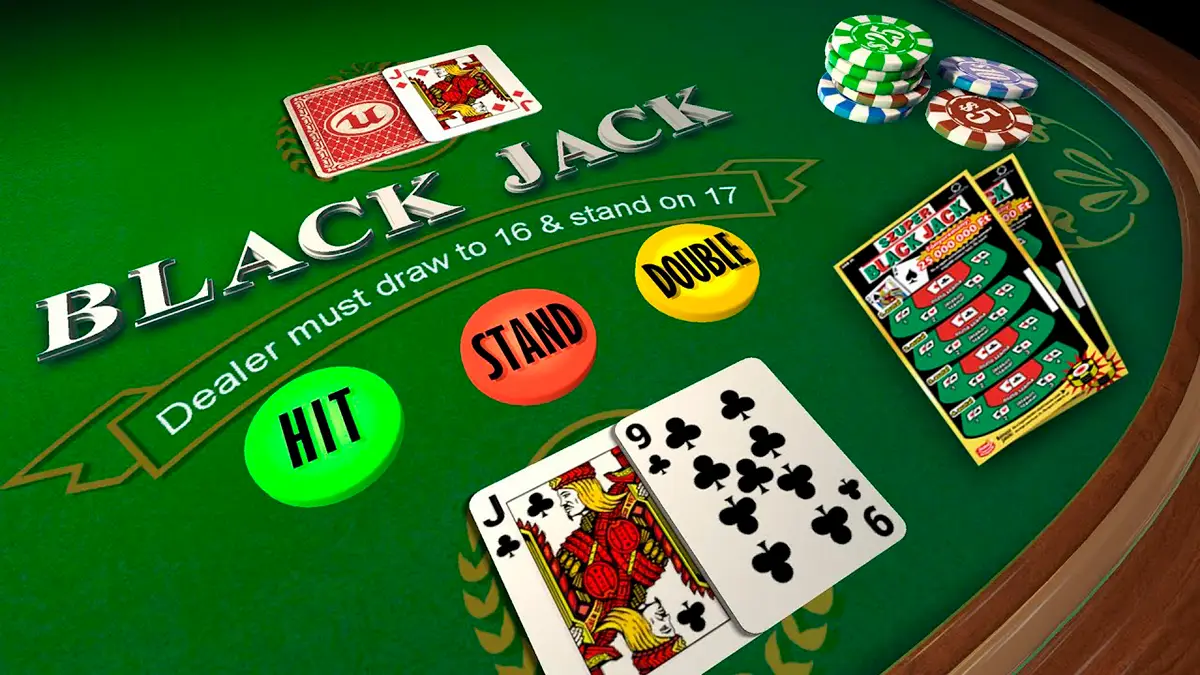Online gambling has long since moved beyond the usual platforms with bank transfers, passport registration, and centralized bet processing. With the launch of decentralized technologies and active development of the DeFi segment, a new category of entertainment has emerged – crypto casinos. They haven’t just adapted familiar games like blackjack to the blockchain environment, but have built a completely different mechanics with fundamentally different algorithms, approaches to transparency, security, and user experience. The difference between how crypto casinos operate and how traditional online halls function affects literally every technical and operational aspect – from random number generation to bet formats and winnings tracking.
How Crypto Casinos Work: Decentralization as the Core of Infrastructure
The structure of crypto casinos is based on blockchain principles: all the logic of operation, from accepting a bet to calculating a win, is recorded in smart contracts. This architecture eliminates manipulations with outcomes or delays in payments. For example, in games like blackjack, a smart contract deals cards and instantly checks combinations against the rules. How crypto casinos work in this context is simple: the code replaces the dealer and administrator.

Unlike centralized platforms where results are generated on closed servers and regulated by licenses, these platforms allow any user to verify the outcome. The smart contract code is open, and actions are recorded on the blockchain. Players see every transaction, every bet, every payout.
Provably Fair and Generation Mechanics
The most important element defining how crypto casinos work is the Provably Fair system. Classic platforms use built-in RNGs (Random Number Generators) controlled by the server. In the crypto environment, the generation of random events depends on a combination of three independent seeds:
-
Random value from the user.
-
Encoded seed from the server.
-
Public blockchain parameter, for example, the hash of the last block.
This approach makes predicting the outcome impossible. Even with knowledge of one or two parameters, it is impossible to calculate the third. For example, on the Rollbit platform, the result of blackjack is generated from three values, including an individual server hash available before the start of the game. Afterwards, the system decrypts it and shows that the outcome indeed corresponded to the stated algorithm.
Tokenized Blackjack: Calculation Algorithm
In crypto casinos, the format of blackjack remains familiar – the player’s goal is to reach 21 points or closer to it than the dealer. But the differences begin in the technical implementation of bets, dealing, and payouts. How crypto casinos work in this discipline:
-
The user places a bet in a token (e.g., USDT, ETH, or the casino’s native token).
-
The smart contract records the amount and initiates the dealing mechanism.
-
The algorithm draws cards from the “virtual deck,” shuffled based on the seed combination.
-
After the round ends, the smart contract automatically distributes payouts based on the result.
Casinos like BC.Game or Stake integrate custom versions of blackjack with dynamic coefficients and token tournaments. Players participate in seasonal tournaments with prizes in BTC and NFTs, and winnings are instantly credited to the wallet.
Anonymity and KYC Waiver
One of the key factors defining how crypto casinos work is complete anonymity of participation. No account creation, email input, or phone number attachment is required to enter. Authorization takes place through a Web3 wallet, such as MetaMask. The game starts after transaction confirmation – no passwords, logins, or passports.
On classic platforms, the process is different: first, registration is required, then verification, then waiting for document confirmation before starting the game. This slows down the user, reduces conversion, and opens up risks of personal data leakage. These problems do not exist in crypto casinos.
DeFi Integration and Revenue Beyond Bets
In addition to games themselves, crypto casinos are turning into full-fledged DeFi products. Users not only get the opportunity to participate in blackjack but also to invest in the ecosystem. For example, the Duelbits platform offers bonuses to DUB token holders for storage and farming. Participants receive a portion of the casino’s profits in USDT, forming passive income. A portion of the commission from each bet is distributed among token holders. Thus, the platform becomes a hybrid between gambling and an investment model, where a player can be both a participant and a shareholder.
Loyalty Ecosystem Based on Tokens and NFTs: How Crypto Casinos Work
Modern crypto casinos go beyond internal currencies. They implement sophisticated loyalty systems where tokens and NFTs replace traditional points and levels. These assets bring real benefits to the player – from cashbacks to access to exclusive blackjack formats.
Using the example of the BetFury platform: users receive BFG tokens for each bet. The higher the activity, the faster the income grows in the staking section. In some cases, NFTs provide additional bonuses: increased winnings, accelerated commission refunds, access to private tables. How crypto casinos work with such mechanisms – through smart contracts that automatically apply privileges to the token owner’s wallet.
Additionally, these models enhance engagement. The player starts not just placing bets but collecting artifacts, participating in collections, receiving unique in-game cards with changeable logic. All of this transforms the standard gaming process into a gamified economy.
Varieties of tokenized blackjack:
-
Classic PvE blackjack – player battles an algorithm.
-
PvP – opponents bet against each other, winner takes the pool.
-
Tournament blackjack – points awarded for each round, winners receive a share of the prize pool.
-
NFT – cards with special properties provide advantages during the game.
-
Progressive blackjack – bets go into a common jackpot, randomly awarded among participants.
Each of these formats demonstrates how crypto casinos work: not as a copy of the old model, but as an independent, flexible, and technologically rich product.
Technical UX Features: Minimizing Friction
Most crypto casinos adapt the interface for instant interaction. Interfaces work on Web3, connect directly to the wallet, and all actions – from betting to withdrawal – are done in a few clicks. Moreover, there are no delays between actions: blockchain functions are integrated at a low level and do not disrupt the gaming process.

Unlike classic casinos where users switch between tabs, wait for confirmations, and page loads, here the process is structured as a continuous flow. For example, in blackjack, the system automatically determines the outcome, initiates animation, credits the token – all within the same screen.
Conclusion
The format of crypto blackjack has evolved from a niche experimental game into a full-fledged high-tech product with investment, competitive, and decentralized components. How crypto casinos work today – as a system where each bet becomes part of the global economy, and each win strengthens the position in the decentralized network. Games in the style of 21 are no longer static. Now they live in smart contracts, grow through the community, develop in the Web3 paradigm, and are not limited by the framework of the classic casino experience.
 en
en  ru
ru  de
de  ar
ar  es
es  hi
hi  fr
fr  nl
nl  it
it  pt
pt  el
el 









